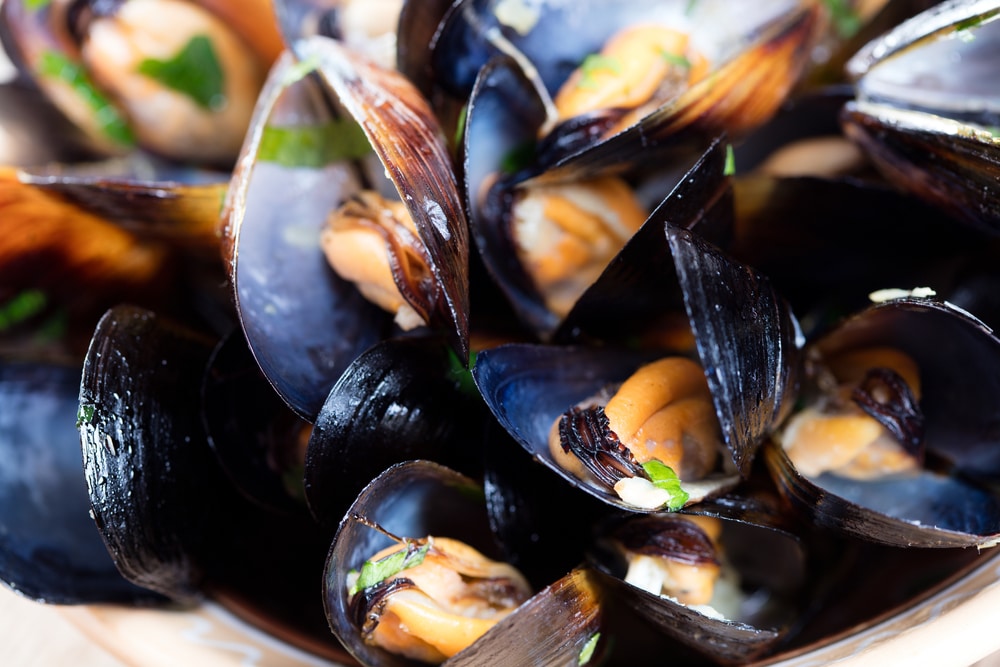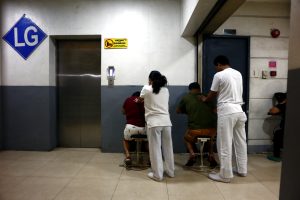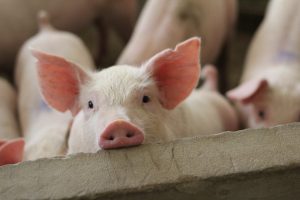Alert on Biotoxin Contamination in Mussels: Ensuring Shellfish Safety in Singapore
In response to the confirmation of biotoxin contamination in mussels from Port Dickson, Malaysia, the Singapore Food Agency (SFA) has issued an advisory against the consumption of these shellfish. This development highlights the critical importance of stringent safety measures in the import and consumption of bivalve molluscs in Singapore, highlighting the ongoing efforts to safeguard public health against foodborne risks.
Understanding Bivalve Molluscs and Their Susceptibility to Biotoxins
Bivalve molluscs, including clams, oysters, cockles, mussels, and scallops, are a staple in Singapore’s diverse culinary scene, often enjoyed in dishes ranging from raw to grilled. These shellfish are filter feeders, meaning they obtain their food by filtering water through their system.
While this process allows them to feed, it also makes them prone to accumulating harmful substances from their environment, including bacteria, viruses, and, notably, biotoxins. The recent alert regarding biotoxin contamination in mussels from Port Dickson, Malaysia, serves as a pertinent reminder of the vulnerabilities inherent to bivalve molluscs and the potential health risks they can pose if not properly monitored and managed.
Singapore’s Strategies to Combat Biotoxin Risks in Shellfish
Singapore tackles biotoxin risks in shellfish through a well-rounded strategy. Firstly, this strategy emphasises prevention, stringent import regulations, and consumer education. Leading this critical effort, the SFA sets robust standards for shellfish imports to safeguard public health. Specifically, it mandates that all imported high-risk bivalves, such as oysters, originate from approved sources. Moreover, each shipment must be accompanied by a health certificate, verifying its safety.
Additionally, the SFA conducts regular inspections and tests on shellfish available in the market. This proactive stance enables the early detection and mitigation of potential biotoxin threats. Furthermore, the agency collaborates closely with importers and distributors. It provides them with essential training and guidelines to effectively manage biotoxin risks and uphold proper shellfish handling practices.
Equally important, educating the public stands at the core of Singapore’s strategy. Consequently, the SFA disseminates vital information on the risks of consuming undercooked or raw shellfish. It also reflects the necessity of purchasing shellfish from reputable sources and adhering to safe cooking practices. Through these efforts, the SFA aims to cultivate a culture of safety and awareness among consumers, ensuring the community stays informed and protected.
Navigating Shellfish Safety
The journey to ensure bivalve mollusc safety in Singapore reflects a strong collective resolve. Regulators, the shellfish industry, and consumers together face the challenge of biotoxin contamination. They’ve forged a robust defence against the risks tied to shellfish consumption through strict regulatory oversight, industry adherence to safety standards, and increased consumer awareness.
The SFA’s efforts, alongside the industry’s proactive measures, highlights a deep commitment to public health. Informed consumers, armed with knowledge and safe consumption practices, form a crucial shield against biotoxin contamination.
As we progress, ongoing collaboration across all sectors will be key. It will allow us to meet emerging threats and ensure the safe enjoyment of shellfish in Singapore’s rich culinary scene. United, we can navigate food safety’s complexities, ensuring the joy of eating bivalve molluscs remains free from the shadows of biotoxins.
This collaborative spirit not only safeguards public health but also preserves Singapore’s cherished shellfish consumption tradition. It represents a united front against biotoxin threats, highlighting the importance of unity in ensuring food safety.
References
- Media reply on biotoxins contamination found in mussels from Port Dickson (Malaysia). (6 C.E., April 24). https://www.sfa.gov.sg/docs/default-source/media-replies/media-reply-on-biotoxins-contamination-found-in-mussels-from-port-dickson.pdf?sfvrsn=7003f694_1
- SFA | Safety of Bivalve Molluscs such as Cockles, Oysters, Clams, Mussels and Scallops. (n.d.). https://www.sfa.gov.sg/food-information/risk-at-a-glance/safety-of-bivalve












